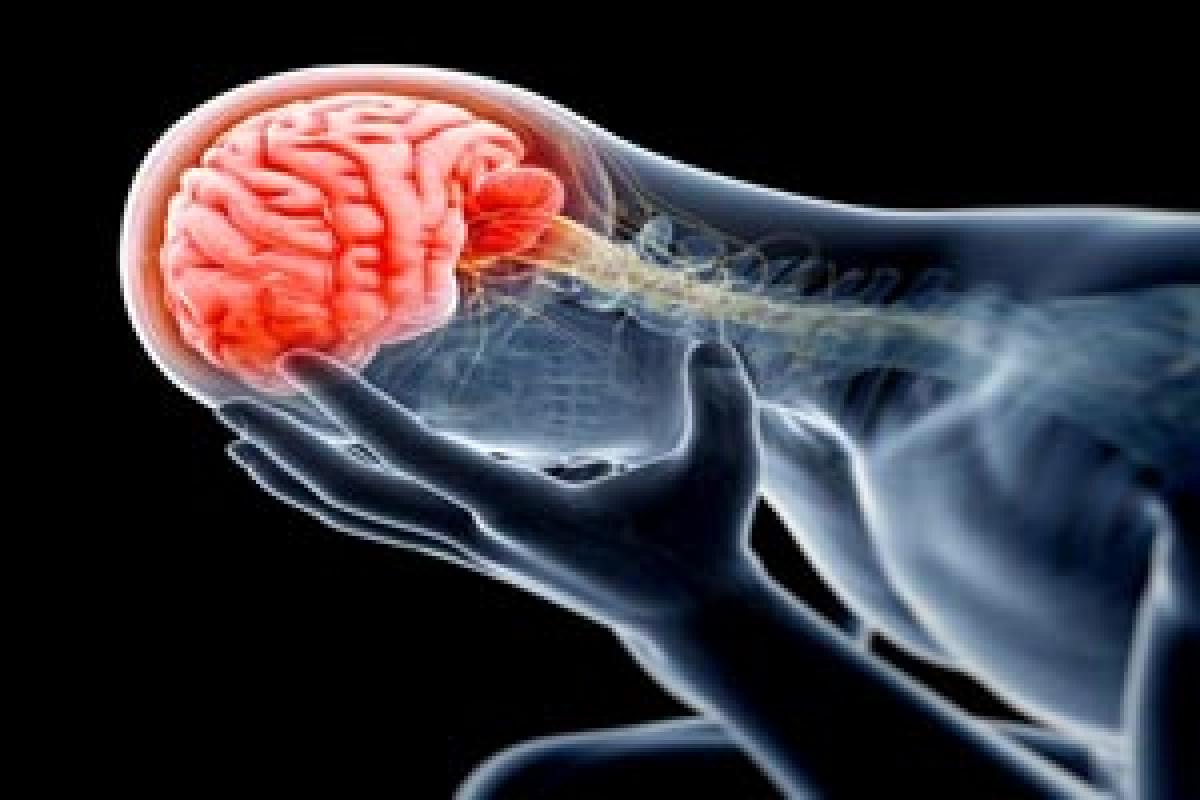Indian researchers show how brain responds to trauma

In a major step towards developing new therapeutic approaches to treat post-traumatic stress disorder (PTSD), a study by Indian scientists has gained insights into how a single instance of severe stress can lead to delayed and long-term psychological trauma.
In a major step towards developing new therapeutic approaches to treat post-traumatic stress disorder (PTSD), a study by Indian scientists has gained insights into how a single instance of severe stress can lead to delayed and long-term psychological trauma.
A single stressful incident can lead to increased electrical activity in a brain region known as the amygdala, a small, almond-shaped group of nerve cells that is located deep within the temporal lobe of the brain, the findings showed.
This activity sets in late, occurring about 10 days after a single stressful episode, and is dependent on a molecule known as the N-Methyl-D-Aspartate Receptor (NMDA-R), an ion channel protein on nerve cells known to be crucial for memory functions, said the study published in the journal Physiological Reports.
"We showed that our study system is applicable to PTSD. This delayed effect after a single episode of stress was reminiscent of what happens in PTSD patients," said lead researcher Sumantra Chattarji from the National Centre for Biological Sciences, Bengaluru.
PTSD is a mental condition that develops in a delayed fashion after a harrowing experience. Investigations earlier revealed major changes in the microscopic structure of the nerve cells in the amygdala due to a stressful experience. Stress appeared to have caused the formation of new nerve connections called synapses in this region of the brain.
However, until now, the physiological effects of these new connections were unknown. "We know that the amygdala is hyperactive in PTSD patients. But no one knows as of now, what is going on in there," he added.
In the current study, Chattarji's team established that the new nerve connections in the amygdala lead to heightened electrical activity in this region of the brain. "Most studies on stress are done on a chronic stress paradigm with repeated stress, or with a single stress episode where changes are looked at immediately afterwards - like a day after the stress," Farhana Yasmin, one of Chattarji's students, said .
"So, our work is unique in that we show a reaction to a single instance of stress, but at a delayed time point," she added. Furthermore, a well known protein involved in memory and learning, called NMDA-R was recognised as one of the agents that bring about these changes.
Blocking the NMDA-R during the stressful period not only stopped the formation of new nerve connections called synapses, it also blocked the increase in electrical activity at these synapses, the study said.














